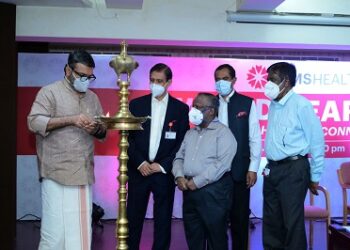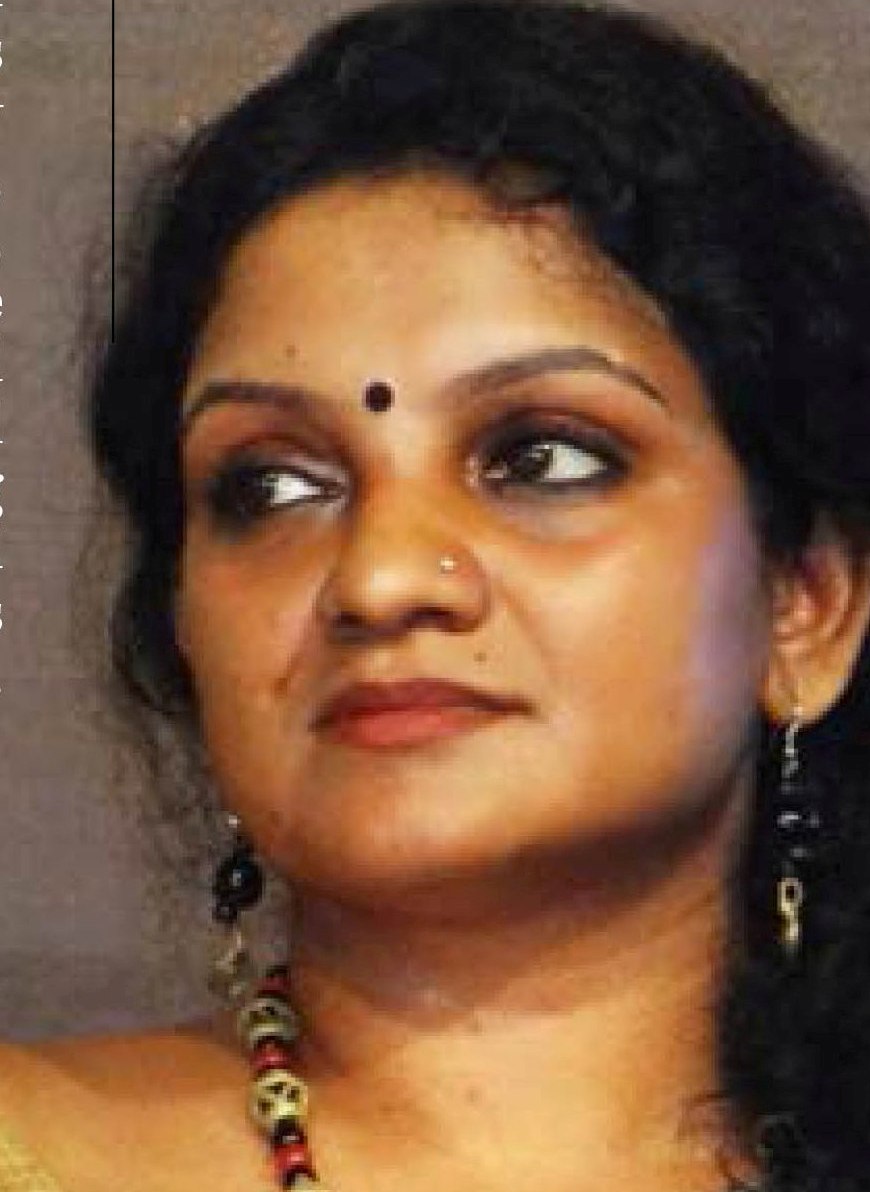Unified Health system approach is the need: Prof K. Srinath Reddy
The virus has hijacked the health system, held policy makers’ attention hostage and derailed the commitment to the attainment of SDGs by 2030. Covid-19 pandemic has indeed reinforced that we must pay attention to the entire SDG agenda, including the health agenda which is very clearly defined in SDG-3. Infectious diseases still remain an important part of our overall health and development agenda.
“I believe that there is a concern, somewhat legitimate, that the attention that we are paying to the Covid-19 pandemic has diverted a good deal of the focus that was there earlier on the Sustainable Development Goals. We also recognize that NCDs and mental health have been very important areas that required attention during the course of this pandemic. As also, the reproductive maternal and neonatal in child health, which we know suffered some neglect but we can’t afford to take our attention away from that. And of course, the importance of other infectious diseases like tuberculosis, HIV and malaria have already been given emphasized by the WHO leadership. But it’s very clear that, overall, we must consider a unified health system approach, which is based upon universal health coverage and the social determinants of health acting in unison to advance health in all dimensions.” said Prof K. Srinath Reddy, President, Public Health Foundation of India (PHFI).
But it’s very clear that, overall, we must consider a unified health system approach, which is based upon universal health coverage and the social determinants of health acting in unison to advance health in all dimensions. Kerala has shown that it has to be led by a strong and committed public sector while engaging effectively other segments of society in a very efficient partnership mode. Therefore, I believe that we should not be looking at PPPs (Public Private Partnerships) but Partnerships for a Public Purpose. That all people are engaged in that partnership and devote themselves to those deliverables and with clear cut defined accountability mechanisms as well, he added .
There are lessons that we learnt from pandemic. First is, unless you have an efficient and equitable health system functioning very well in the steady state, you can’t have a robust, strong and swift surge response when challenged by a public health emergency. We will scamper around with ad-hoc solutions which are unlikely to be efficient even if well intentioned. So, we do need to invest in strong and robust health system at all times. The fundamental basis for that is universal health coverage, supplemented by social determinants of health. In terms of universal health coverage, we recognize that primary care has to lead the way.


Prof Reddy opinionated that, the requirement of data-driven decentralized decision making, which is best done not only by deployment of technologies but also engaging citizen groups and panchayats and others. It will bring great strength to that level of operation for flexible implementation at district and panchayat levels. One of the most important elements is equity which Kerala breathes life into in all of its developmental initiatives.
We have to address, even in the time of pandemic, a broader SDG agenda because almost every single SDGs becomes absolutely an imperative for fostering societal health and protecting individual health. Unless we look upon the entire SDG agenda as the platform for building health, we won’t be able to achieve it in an efficient and equitable manner. That’s where Kerala’s composite agenda of development becomes an important model said Prof K. Srinath Reddy .















